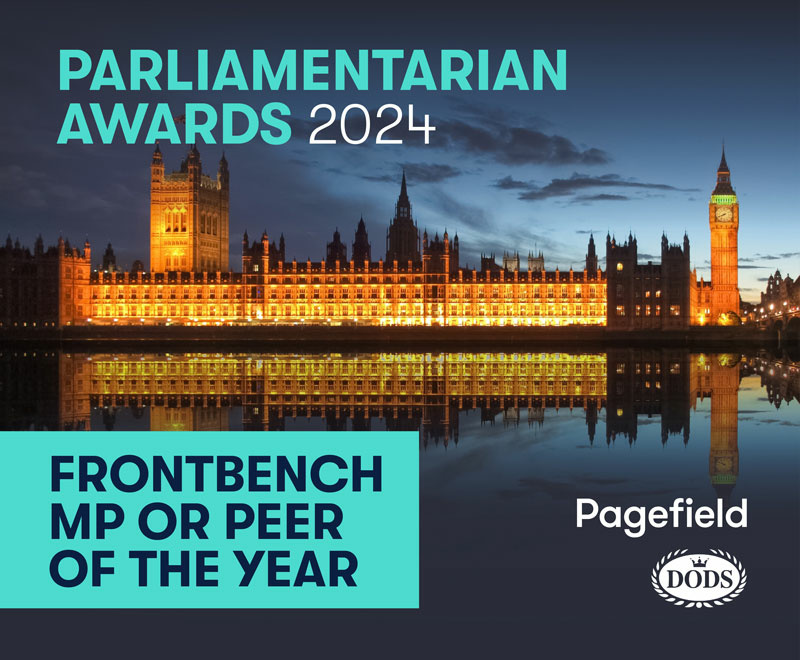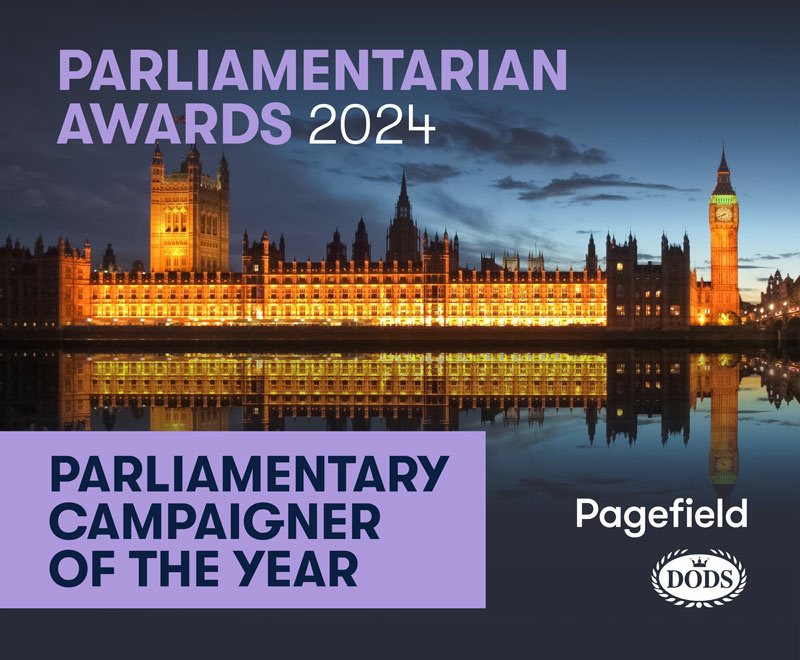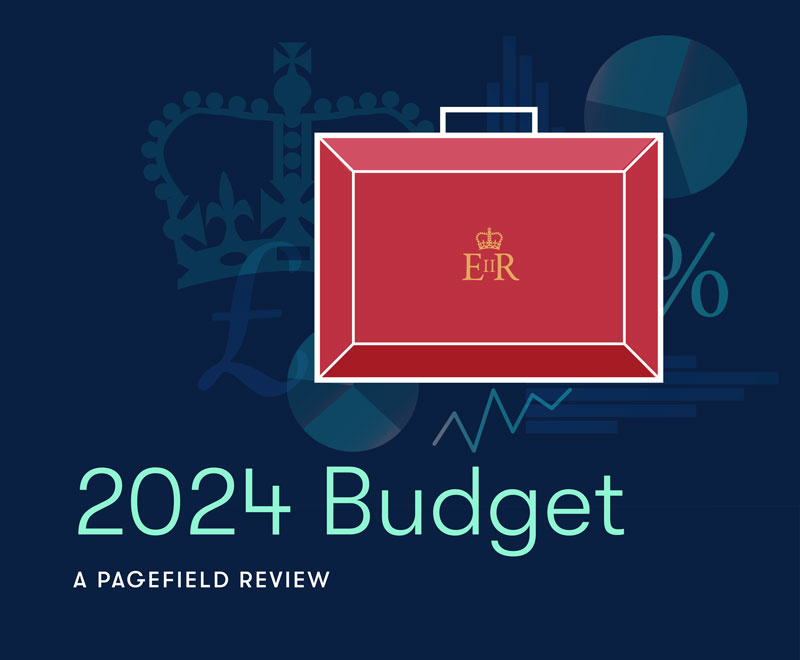With the cut and thrust of politics in Westminster continuing to dominate national news headlines, Jim Pickard from the Financial Times joined Pagefield for our latest ‘Meet the Editor’ session. Pagefield partner, Phil Pank, asked Jim about the current lobbying scandal, COP26, party politics, Boris Johnson and a host of other topics in a wide ranging Q&A.
An early election looms
Discussing the current Government, Jim suggested that government priorities were being driven from the very centre. “Boris always gets his own way… whatever whim Boris Johnson wants, he gets; not only because of his force of personality but also because he has a majority of 80,” the FT’s chief political correspondent said.
And on why the Prime Minister always seems to emerge unscathed from political intrigue, Jim argued that Johnson’s ability to make people like him had allowed him to ride waves of public and political tension. However, he noted that over time there is a real risk of Johnson’s personal popularity waning.
For now, though, he remains politically strong, and Jim feels that personal popularity could be pressed home in an early election. “I think [an early election] is really likely… the talk is of early 2023. I think with the lay of the land right now, they [the Conservatives] could be pretty optimistic of winning hands down again.”
Levelling Up remains hard to see in action
Seemingly more difficult for the Government though will be their quest to define and deliver the Levelling Up agenda. The Government is working from a standing start on this issue. “[Levelling Up] is one of those things he [Boris Johnson] hadn’t particularly thought through. When they entered Government they had a blank sheet of paper,” Jim said.
Identifying specific examples of Levelling Up remains tough. “[Michael] Gove likes to talk a lot about 20,000 civil servants moving out of London… but the figures say in the last year the number of civil servants in London has gone up by 11%, and elsewhere the average is 5%. If you take it over 11 years, the number of [additional] civil servants in London is 15,000… outside London it’s down 57,000,” Jim said, referring to his own investigation into this topic.
Levelling Up will be about more than just the movement of Government officials though – politicians on the doorstep will need tangible benefits to show that Levelling Up is in action.
Ultimately, while Jim thinks the Government will have a good case to make in some places – Teesside being a case in point – this will only cause more areas not receiving the Government’s royal treatment to take notice and demand more than a supporting role in Johnson’s grand vision for the UK.
As for another key pillar of the Levelling Up Agenda though…
HS2 Eastern leg is in real doubt
Jim thinks there’s trouble coming down the track for the UK’s biggest infrastructure project. According to sources, the Eastern Leg of HS2 is in severe danger of not getting to its end destination.
According to this narrative, the Department for Transport is planning to “commit to HS2, but the Eastern Leg is not going to go up all the way to Leeds; I think that’s now going to stop in Nottinghamshire, potentially at the new station in Totton.”
While any green-light on that plan is still to be given and needs to get through Number 10, such a move would draw the ire of civic leaders in the North. This could be tempered with investment in ‘HS3’ – or Northern Powerhouse Rail. “I think we’re going to see some money for ‘HS3’… to pay for High-Speed 3 from Manchester to Leeds with a spur at Bradford… but I don’t think ‘HS3’ will be a new line… the proposal in DfT is a hyping up of the existing infrastructure,” Jim said.
Government feels the heat of its own backbenches over cost of Net Zero
Johnson’s green credentials certainly lie at the heart of the current political agenda. With COP26 underway in Glasgow, we asked Jim whether failure to win a landmark accord would tarnish Johnson’s legacy.
“It’s hard to say… but we know that he has staked an enormous amount of political capital on the whole green agenda… it’s something that annoys a lot of his backbenches… there are loads of Tory MPs, and not the usual type, raising concerns… banging the drum on the cost of net zero.”
Regardless of success or failure at COP26 then, the Prime Minister is going to face an uphill battle to convince his own party that the benefits are worth the costs. Some Conservative MPs are beginning to bemoan the perceived loss of competitive advantage to countries such as China and fear that chasing Net Zero will curtail the Government’s growth agenda.
Could the Left coalesce under Starmer’s banner?
Despite the latest Westminster scandal, Labour faces an uphill struggle to move from a party of opposition to government. “The battle the Labour party has to come back is enormous,” Jim said.
Noting that in 2019 the left vote splintered as the right-wing vote consolidated under the Conservatives, he suggested that left-leaning voters could none the less coalesce under the Labour banner when the time comes for a binary choice between Boris Johnson and something else.
But make no mistake, Sir Keir Starmer and his team are still dealing with the effects of Corbyn’s leadership. “I think generally Labour is caught in a bit of a trap where Jeremy Corbyn moved the Overton window of politics, he’s set the agenda so ambitiously about what a left-wing government can do… when you try and be a successor to Jeremy Corbyn and something that is appealing to people but not prepared to take those risks of looking spend-thrift, your room for manoeuvre to get air time in the media and to be seen as interesting is a lot smaller,” Jim said.




